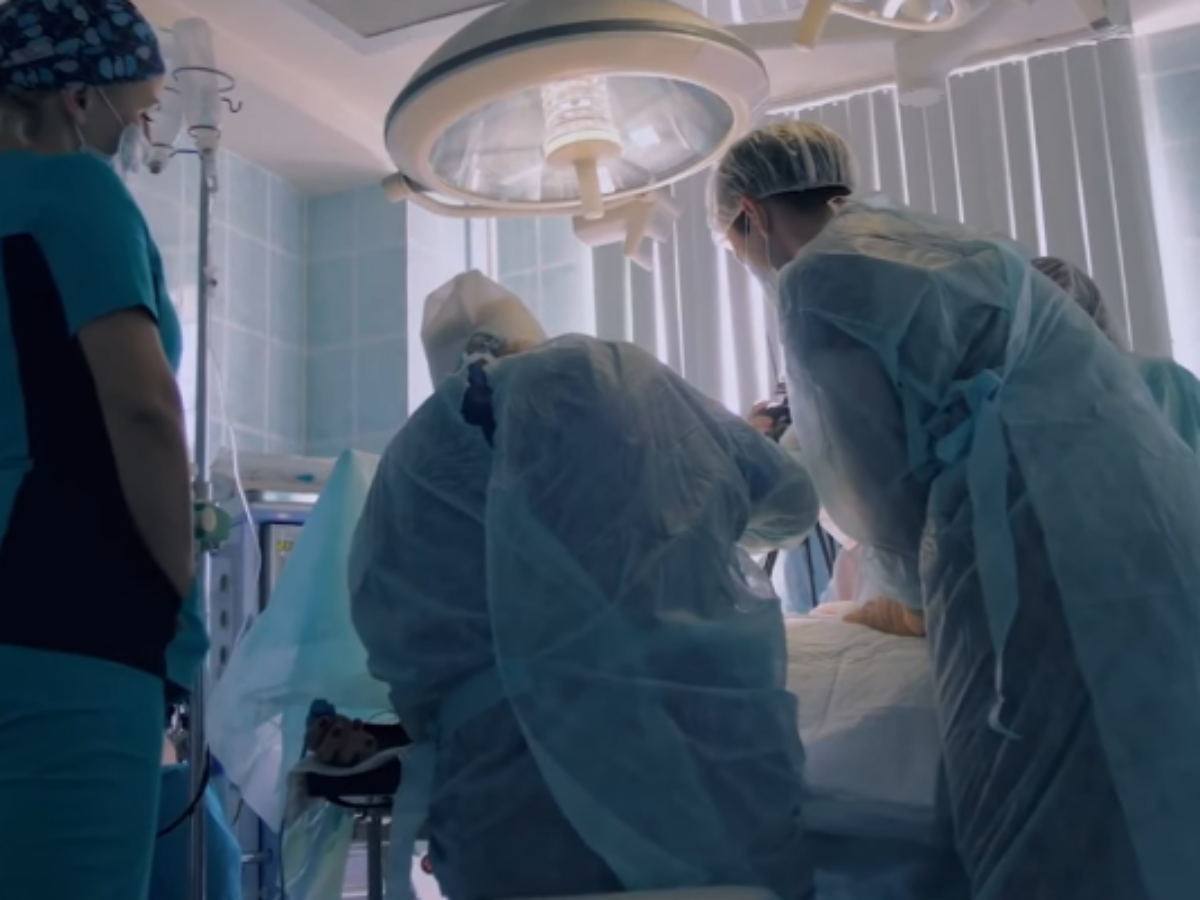Optiscan to develop AI gastrointestinal endomicroscope

Optiscan Imaging and Monash University have agreed to work together on its its project to develop the next-gen gastrointestinal (GI) flexible endomicroscope and Edge-AI-enabled technology.
The agreement represents a further extension of the longstanding relationship Optiscan has with Monash University, with the company’s technology originally created at the university.
AI capabilities are critical to Optiscan’s next-gen GI flexible endomicroscope project, according to a statement.
Under the agreement, Optiscan will work with the Monash University’s Department of Data Science and AI at Monash University’s Faculty of Information Technology Computer Science to advance the project’s cutting-edge artificial intelligence (AI) technology..
This will be used to automate the detection and analysis of cancerous and precancerous lesions.
Supported by the Cooperative Research Centres Projects (CRC-P) grant, the project is focused on producing a miniaturised flexible digital endomicroscopic probe designed to integrate with biopsy channels of standard commercially available endoscopes, in conjunction with innovative AI-powered endomicroscopy technology.
Optiscan CEO & Managing Director Dr Camile Farah said: “This agreement between us and Monash University represents a significant step towards better diagnosis and treatment of gastrointestinal diseases.
“The targeted advantages of our next-gen flexible endomicroscope are not just related to delivery of better medical outcomes.
“This endomicroscope is also being specifically designed as a stand-alone medical imaging system agnostic to the commercial endoscope manufacturers.
“This will make adoption of our imaging platform easier for clinicians and hospitals already invested in their preferred endoscope system, while also providing flexibility to strike commercial arrangements with a wider range of endoscope manufacturers such as Olympus, Fuji, Pentax, Karl Storz and Ambu.”
To date, nearly $1 million has been received from the CRC-P programme grant – about one-third of that
available.
The team advancing this project is led by Optiscan and supported by partners Design & Industry and the
University Medical Center Mainz, Germany.
Dr Farah said: “The ‘blue sky’ packaged up in this project is immense.
“Optiscan’s imaging system has the potential to revolutionise GI diagnostics, not only for GI cancers, but also for improving accuracy and speed in detecting conditions such as Crohn’s Disease, Ulcerative Colitis, and Irritable Bowel Syndrome.”
Picture: Optiscan Imaging
Topics AI Ambu Artificial intelligence Cooperative Research Centres Projects CRC-P Crohn’s Disease Design + Industry Dr Camile Farah Fuji Irritable Bowel Syndrome Karl Storz Manufacturing News medical devices Medical imaging Medtech Monash University Olympus Optiscan Imaging Pentax Technology Ulcerative Colitis University Medical Center Mainz
@aumanufacturing Sections
Analysis and Commentary Awards casino reviews Defence Gambling Manufacturing News Online Casino Podcast Technology Videos





